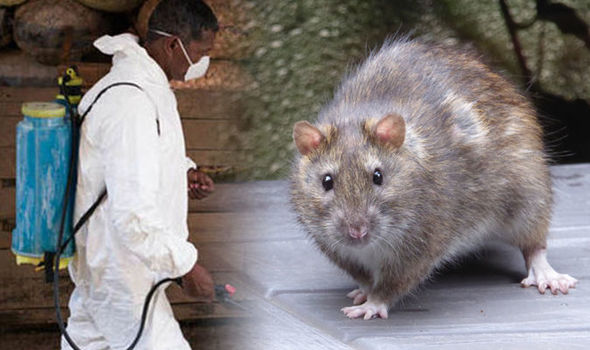It has been reported that there was an outbreak of Lassa fever in 23 of the 36 states of the federation hit an all-time high in 2018.
Dr. Chikwe Ihekweazu, Chief Executive Officer of Nigeria Centre for Disease Control, (NCDC), who stated this while briefing journalists in Abuja Monday, lamented that 50 years after the detection of the first Lassa fever case in Nigeria, the disease was still endemic in several parts of the country.
He, however, said last year’s high numbers of Lassa fever incidences brought the disease to the forefront of public discourse and encouraged discussions around lessons for future outbreaks.
He further stated that the cases recorded in 2018 also raised several questions and pushed the Federal Government to think more about the research areas that must be strengthened for the country to control Lassa fever.
Against that backdrop, Dr. Ihekweazu announced that the Centre had developed a national Lassa fever research plan, carried out genetic sequencing to better understand the virus, and increased its diagnostics, surveillance, risk communications, coordination and other capacities.
He said: “In 2018, Nigeria experienced what we have described as the largest outbreak of Lassa fever in the country. We had confirmed cases in 21 states.
“Because the clinical course of the disease is so variable, detection of the disease in affected patients has been difficult.
”When presence of the disease is confirmed in a community, however, prompt isolation of affected patients, good infection prevention and control practices, and rigorous contact tracing can stop outbreaks.”
The NCDC boss further said the Lassa fever International Conference 2019 billed for January 16 and 17 in the FCT as part of activities to mark the 50th year since the Lassa virus was first discovered in the country, will provide an opportunity for the scientific community to reflect on what is known, describe gaps that exist and prioritise the research agenda for the future.
“Nigeria is now taking leadership in the control of Lassa fever globally. We will be using the scientific conference to share why we must work together for strong collaboration.
“We are marking 50 years since this disease was first diagnosed by pushing ourselves to do more. We have agreed that we will work harder to prevent deaths recorded from Lassa Fever. This we hope to drop from 26% currently to less than 10% in the next 5 years.
“With this conference, Nigeria is setting herself on a path to more accountability to the lives we are meant to protect. We have done a lot of work but we know we can do more, and we will do more.
“At the conference, we will be exchanging ideas, listening to new thoughts, and making new friends. From these, new scientific collaborations will commence,” he stated.

